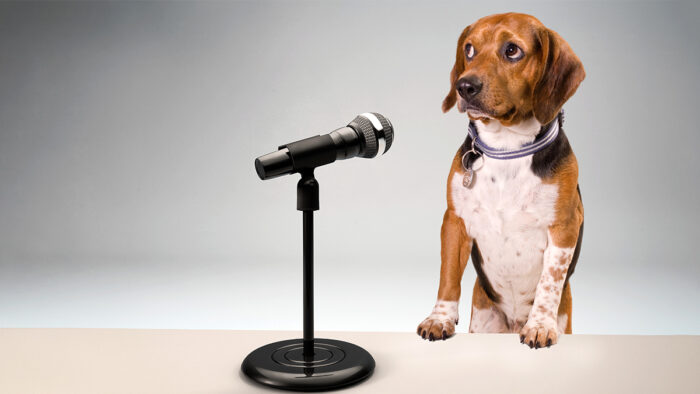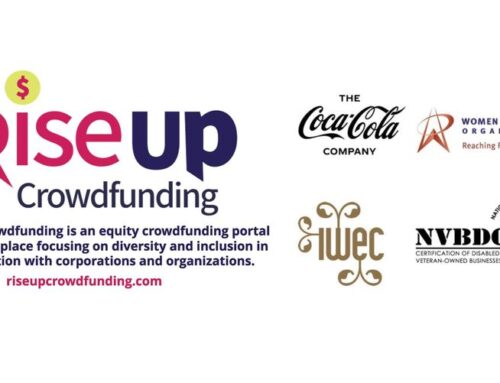For Harvard Business Review
Photo: joshblake/Getty Images
Summary.
Even the most confident speakers find ways to distance themselves from their audience. It’s how our brains are programmed, so how can we overcome it? Human generosity. The key to calming the amygdala and disarming our panic button is to turn the focus away from ourselves — away from whether we will mess up or whether the audience will like us — and toward helping the audience. Showing kindness and generosity to others has been shown to activate the vagus nerve, which has the power to calm the fight-or-flight response. When we are kind to others, we tend to feel calmer and less stressed. The same principle applies in speaking. When we approach speaking with a spirit of generosity, we counteract the sensation of being under attack and we feel less nervous.
Most of us — even those at the top — struggle with public-speaking anxiety. When I ask my clients what makes them nervous, invariably they respond with the same answers:
“I don’t like being watched.”
“I don’t like the eyes on me.”
“I don’t like being in the spotlight.”
And it follows that when they get up to speak, nearly all of them initially avoid making eye contact with members of the audience. Therein lies the problem: While avoiding direct eye contact may seem like an effective strategy for coping with speaking anxiety, it actually makes you even more nervous.
To understand why, we need to go way back to prehistoric times, when humans perceived eyes watching us as an existential threat. Those eyes were likely predators. People were literally terrified of being eaten alive. In response to that prehistoric reality, the amygdala, the part of our brain that helps us respond to danger, kicked into full gear. And when our fight-or-flight response gets triggered, we understandably feel intense stress and anxiety. What does this have to do with public speaking? Turns out, everything.
Here’s the bad news: Our brains have transferred that ancient fear of being watched onto public speaking. In other words, public-speaking anxiety is in our DNA. We experience public speaking as an attack. We physiologically register an audience as a threatening predator and mount a comparable response. Many people’s physical responses while speaking resemble how their body would react to physical signs of danger (shortness of breath, redness of face, shaking).
So today when we speak in front of a group and feel the eyes watching us, we feel painfully visible, like a caveman exposed in daylight. And because our brain is telling us that we are under attack, we do whatever is necessary to protect ourselves. We construct walls between ourselves and the source of danger — in this case, the audience — to repel the attack and blunt any danger.


